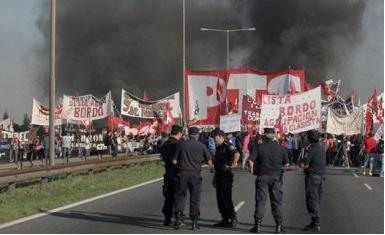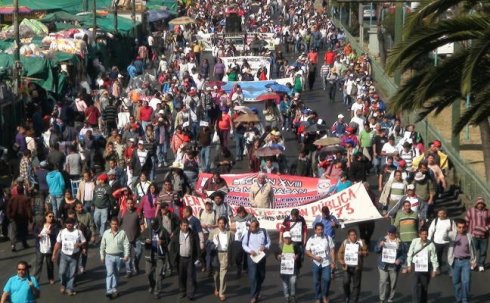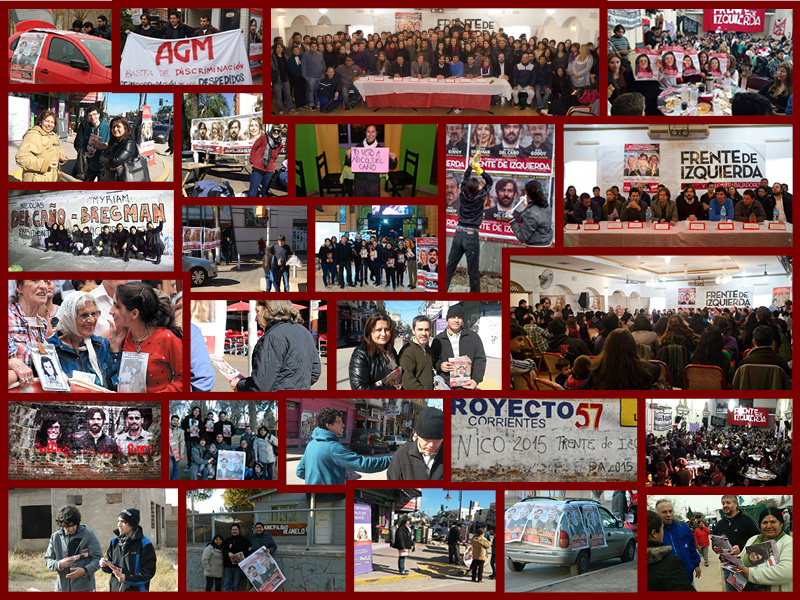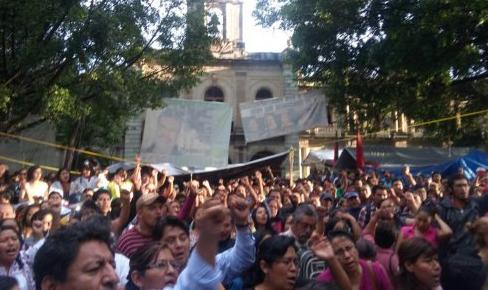US: Johns Hopkins Hospital workers soon to strike
08/04/2014
Johns Hopkins Hospital workers soon to strike
Inside the new Johns Hopkins buildings everything is neat and gleaming. The clean, shiny, transparent glass windows offer a wonderful view of East Baltimore from the hallways of the Sheikh Zayed Tower. The complex has cost $1.1 billion and was finished in 2012; however, most of the workers who polish and clean the glistening building make less than $14.91 an hour, an earning that qualifies a family of four to receive food-stamps.
The contract between the management and the 2,100 service and maintenance workers expired Monday March 31st and the workers and the administration have not yet reached a new bargaining agreement. The SEIU local 1199, the union carrying out the negotiation, is asking for a minimum wage of $15 per hour (to be attained over the span of 4 year) and a wage increase of 15 % during the contracted 4 year period. Johns Hopkins’ management, in response, offered a meager minimum of $11.75 to be attained by 2019! The starting wage at Hopkins is currently as low as $10.71.
Behind the glamorous outlook, the #1 Hospital in America pays its caregivers a poverty wage that forces many of them to rely on food-stamps and Medicaid.
Furthermore, the management wants to confine the working hours of cleaning laborers to 2 schedules: either from Sunday to Thursday or from Tuesday to Saturday. The purpose of this move is, of course, to save money in additional employees who would normally cover the weekend shifts. It would be achieved at the cost of workers’ weekends. No worker has been consulted regarding this drastic change.
Contract talks have continued, but if they don’t reach an agreement on Tuesday the workers will go on strike Wednesday, Thursday and Friday (from 4/9/2014- 4/11/2014). A group of doctors, as well as students from both the Johns Hopkins School of Public Health and the Nursing School have expressed their support to the workers struggle.
The bargaining negotiation is a process in which, dictated by law, both parties should make a ‘good-faith’ effort to compromise and accommodate each other’s demands to reach an agreement.
The union has thus far shown an interest in negotiations, by shifting the initial demands closer to what the management is willing to accept. The administration, instead, not only has been stiff in its meager offer, but the company has also made a dishonest and anti-union maneuver; management sent a letter to all workers’ homes in which it is falsely claimed that the union could penalize employees with a fine if they decide to work during the days of strike. Immediately after this false claim, the letter states that workers could avoid this sanction by resigning their union membership.
The trickery behind this move is disgraceful and should be widely and publicly condemned.
Over the last several days, and after learning about the ruthless position of the hospital management; the union asked the workers whether if they have support a possible strike. The results were overwhelming: 96 percent voted to back a strike. Their willingness to strike reflects an increasing discomfort among the workers. Workers know and see every day the millions of dollars spent on hi-tech equipment, supplies and construction of new facilities. Equally notorious are the 7 digit salary of the institution’s CEOs.
According to the union’s data, “Hopkins Hospital had a profit of $145 million on operating revenues of $1.9 billion in FY 2013.” The union demand would add just $3 million to hospital payroll from multi-billion dollar revenues.
Since the hospital is the 2nd biggest employer in Baltimore, John Hopkin’s workplace wage serves as a benchmark for all workers in the region. The service and maintenance workers are leading an enormous struggle. These workers are at the forefront of an equitable wage increase and the result of this fight is likely to have strong impact on many other workers all over the country. We must give them the strongest support and solidarity.










